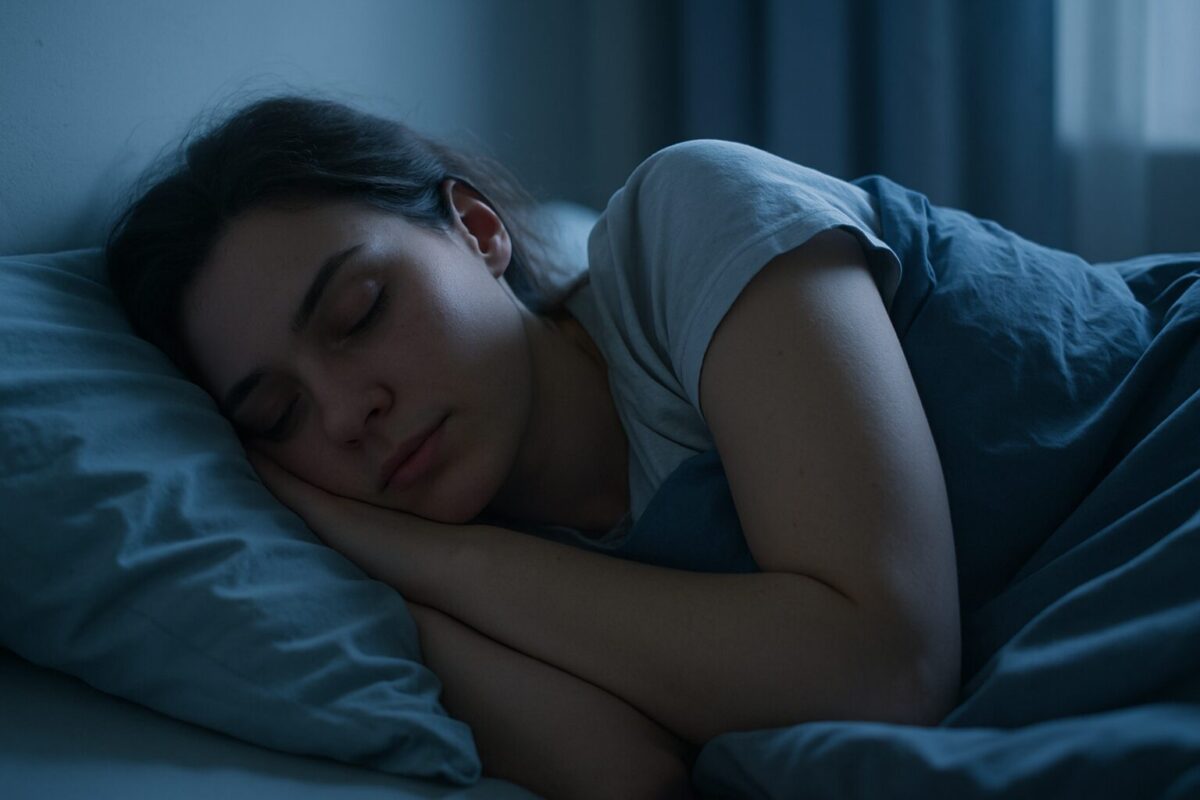
Is a Night Lifestyle Safe? Myths, Science, and Ukraine’s Wartime Experience
In recent years, a belief has been spreading among some Ukrainians and not only them that living at night isn’t a problem as long as you “just get used to it.” The argument sounds like this: if you consistently stay awake at night and sleep during the day, your hormones will readjust, your body will adapt, and melatonin will start being produced even during daylight hours, creating “new” circadian rhythms. In reality, science doesn’t support such optimistic scenarios. Let’s see what modern medicine says and whether night work or a forced “night lifestyle” can truly be safe.
Why Do Circadian Rhythms Matter at All?
Circadian rhythms are your internal biological clock, regulating sleep, body temperature, hormone production, appetite, and even mood. The main external cue for this clock is light. It determines when we feel sleepy or alert, when the sleep hormone melatonin is released, and when cortisol (the hormone of stress and activity) is at its peak.
What Happens If You Consistently Live in a Nighttime Mode?
It’s true that if you work only at night or are forced to stay awake at night (as many Ukrainians have had to do during heavy attacks), your body partially adjusts. Research on night workers shows that their biological clock shifts, and melatonin and cortisol production happen at new times.
But and this is key this adaptation is always partial, never complete.
A real-life example:
During periods of prolonged air raids in cities, most people have to stay alert at night and can only sleep during the day. After a few days, some really do start falling asleep more easily during daylight. But if there’s light in the shelter or bright sunlight at home, their sleep is still shallow and doesn’t fully restore energy. Why?
How Melatonin Works and Why Darkness Matters
Melatonin is the hormone that tells your body it’s time to sleep. It’s produced by the pineal gland in the brain in response to darkness.
Light especially blue light from screens immediately suppresses its production, even after weeks or months of night work.
In submariners, dispatchers, and medical staff who work long-term night shifts, researchers have found that while hormone schedules do shift, even minimal light exposure during “sleep time” dramatically reduces melatonin levels. Sleeping in total darkness during the day is difficult even with blackout curtains. Sleeping with light on almost always worsens sleep quality.
Why Routine Alone Doesn’t Fix Everything
A popular claim is, “The main thing is a consistent schedule, not light or darkness.” In reality, that’s only partly true. Studies show that a chaotic schedule (sometimes sleeping at night, sometimes during the day) is the worst for health. But even if you always sleep only during the day, your body remains sensitive to light.
A military example:
Many soldiers who serve at night and try to rest during the day face common problems: trouble falling asleep, shallow sleep, chronic fatigue, and headaches. According to medical checkups during service, many also have blood pressure, mood, and metabolic issues. This is because the body physically can’t fully restructure circadian rhythms to ignore daylight.
What About Cortisol and Why Can’t It Fully Adjust Either?
Cortisol is the hormone that helps us wake up and stay active. Its levels in people who always work nights do shift, but the cycle remains incomplete. Night workers often have elevated cortisol even when they’re supposed to be falling asleep creating extra stress for the body.
What Are the Risks of a Nighttime Lifestyle?
All modern studies agree: even with a stable night routine especially if you’re forced to be active at night for long periods health risks increase.
This includes sleep disorders, a greater tendency toward depression, cardiovascular issues, and even increased risk of cancer.
A night-time lifestyle isn’t just about habit or willpower.
The human body is programmed to interact with the outside world through cycles of light and darkness. Partial adaptation to a night rhythm is possible, but full “reprogramming” of the hormonal system does not happen.
Routine is good, but the key to recovery and health is still the same: sleep in darkness, cut out as much light as possible.
In the reality of war when nights are often sleepless the most important thing is to take care of yourself. Use any chance to rest in darkness, avoid screens before sleep, and don’t idealize a night-time lifestyle. It’s always a compromise, demanding extra effort from your body.
Explanations of Terms:
- Circadian rhythms – daily biological cycles that act as your “internal clock.”
- Melatonin – the sleep hormone, produced in darkness, preparing your body to rest.
- Cortisol – the activity hormone, responsible for wakefulness, stress, and energy.














